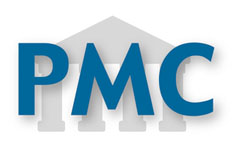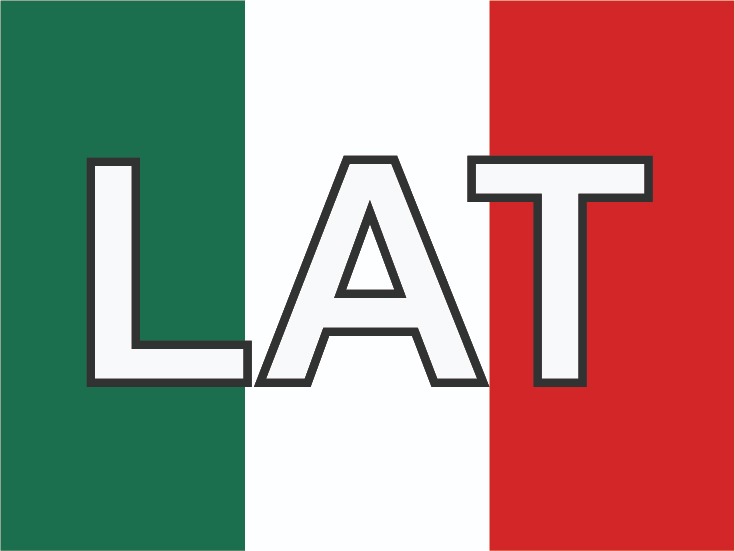Beginning of the end of Onchocerciasis in the Americas
Abstract
Onchocerciasis, also known as River Blindness, is a parasitic disease caused by the nematode Onchocerca volvulus and transmitted by black flies of the genus Simulium. It is endemic in Africa, where an estimated 37 million people are infected. It is almost certain that the slave trade in the 17th and 18th centuries brought onchocerciasis from West Africa to the Americas (1), where transmission foci where established in six countries: Mexico, Guatemala, Venezuela, Brazil, Ecuador and Colombia. Since the beginning of the 20th century it was suspected that this vector borne disease was present in Colombia but the first confirmed case was not reported until 1965. The exact location of the single focus in the country was confirmed almost thirty years later in the locality of Naicioná, on the stream that bears the same nameAuthors
Downloads
References
Lammie PJ, Lindo JF, Secor WE, Vasquez J, Ault SK, et al.Eliminating lymphatic filariasis, onchocerciasis, and schistosomiasis from the Americas: breaking a historical legacy of slavery. PLoS Negl Trop Dis.2007;1(2): e71.
Corredor A, Nicholls RS, Duque S, Muñoz P, Alvarez CA, et al. Current status of onchocerciasis in Colombia. Am J Trop Med Hyg. 1998; 58: 594-8.
Palma GI, Travi BL, Satizabal JE, Martínez F, Smith DS. Oncocercosis en Colombia?. Una revaluación del foco de López de Micay. Biomédica.1995; 15: 131-6
World Health Organization. Certification of elimination of Onchocerciasis. Criteria and procedures. Guidelines. WHO/CDS/CPE/CEE/2001.18b. Geneva: WHO. 2001. 36 p.
The copy rights of the articles published in Colombia Médica belong to the Universidad del Valle. The contents of the articles that appear in the Journal are exclusively the responsibility of the authors and do not necessarily reflect the opinions of the Editorial Committee of the Journal. It is allowed to reproduce the material published in Colombia Médica without prior authorization for non-commercial use




















